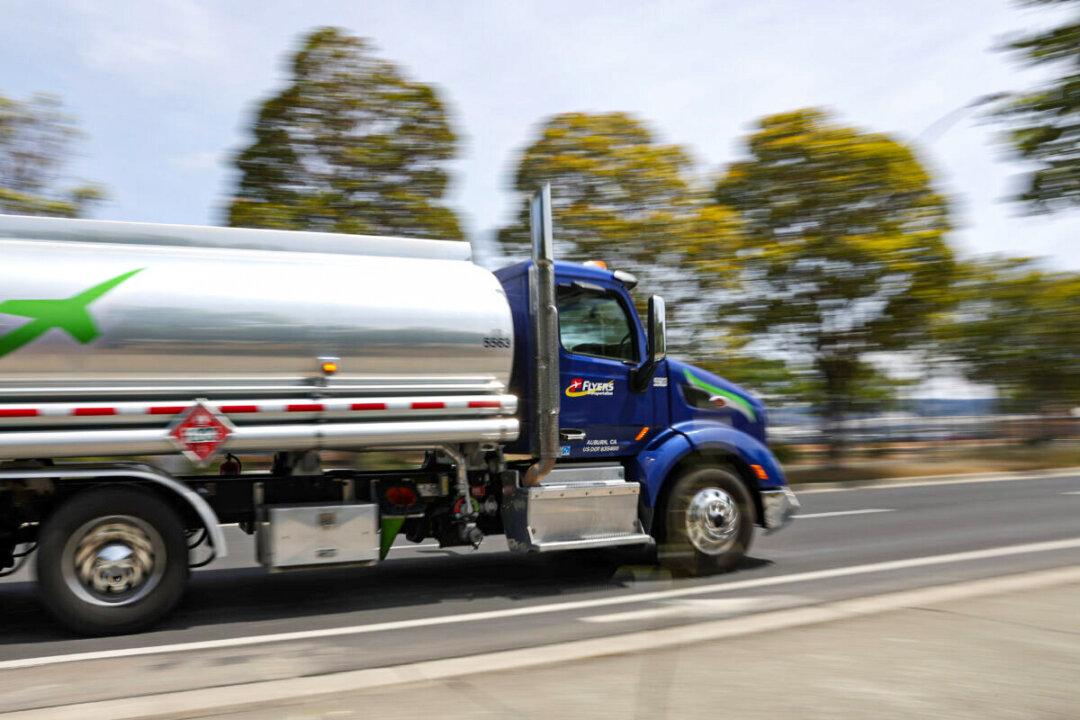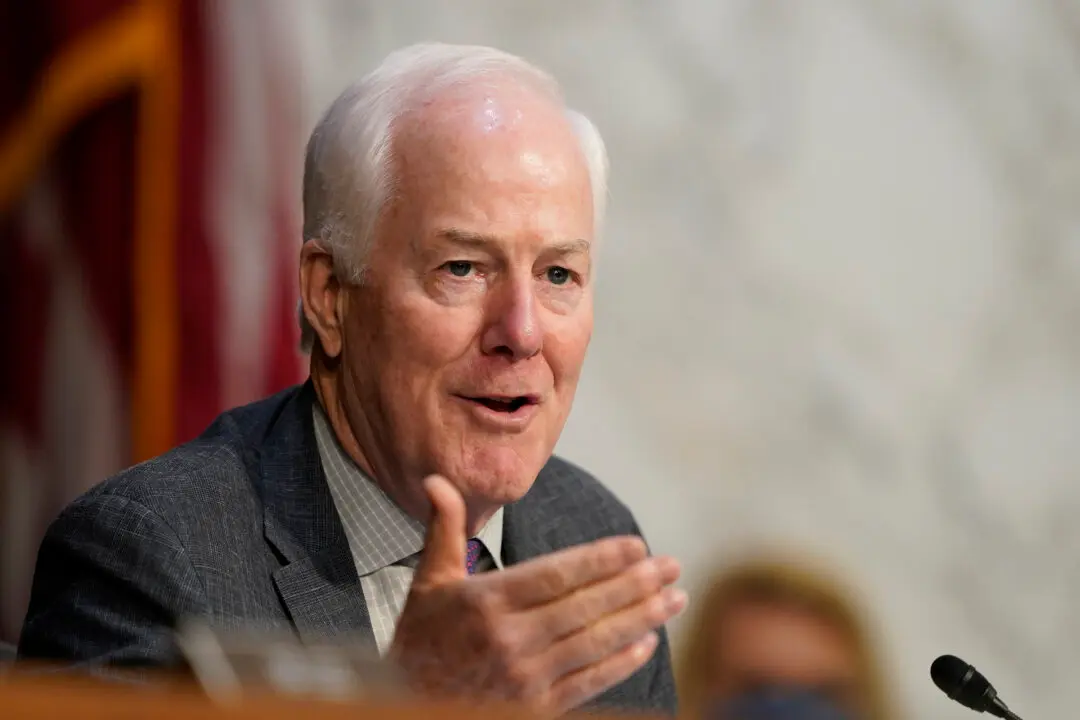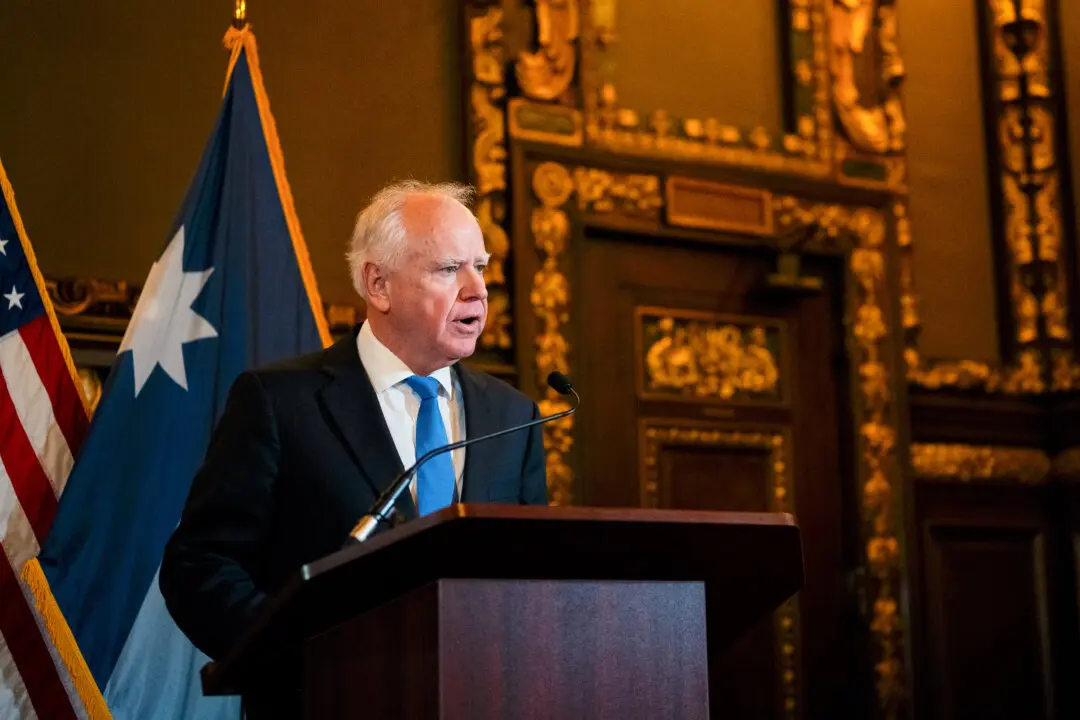America’s transportation systems, which move people and goods from one place to another, are moving somewhat more freely now that the COVID-19 pandemic has loosened its grip.
Yet inflation and government red tape are bogging down efforts to make the best use of a record $1.2 trillion infusion toward the nation’s roads, bridges, and other infrastructure.





